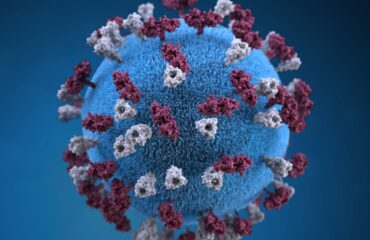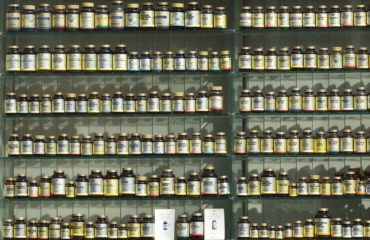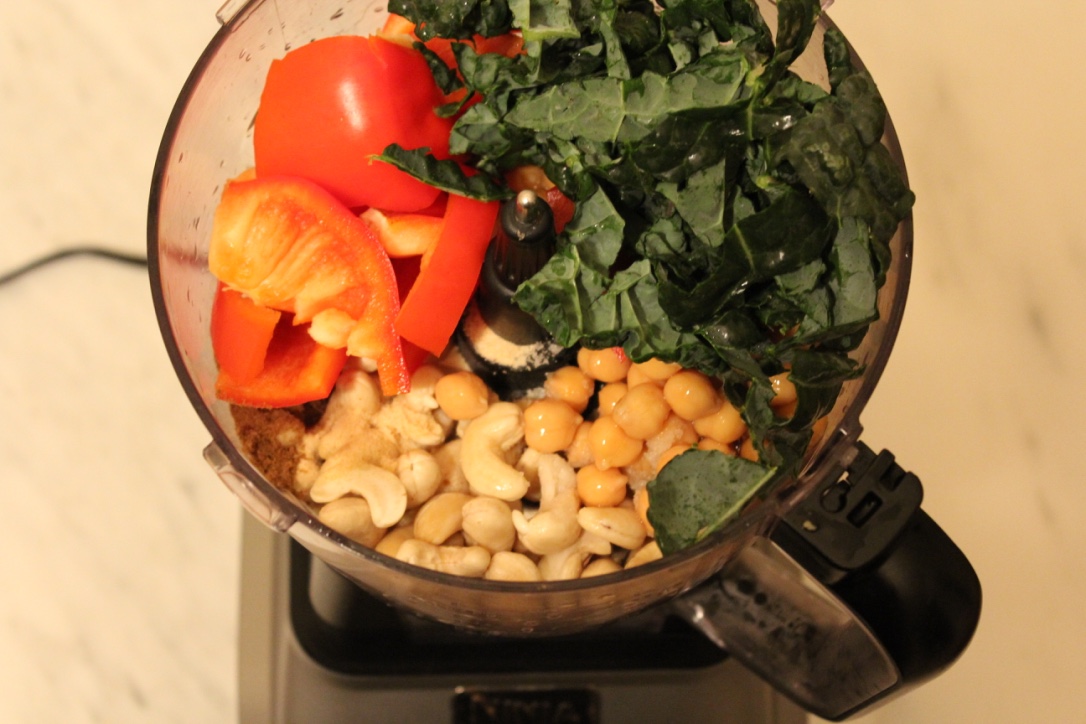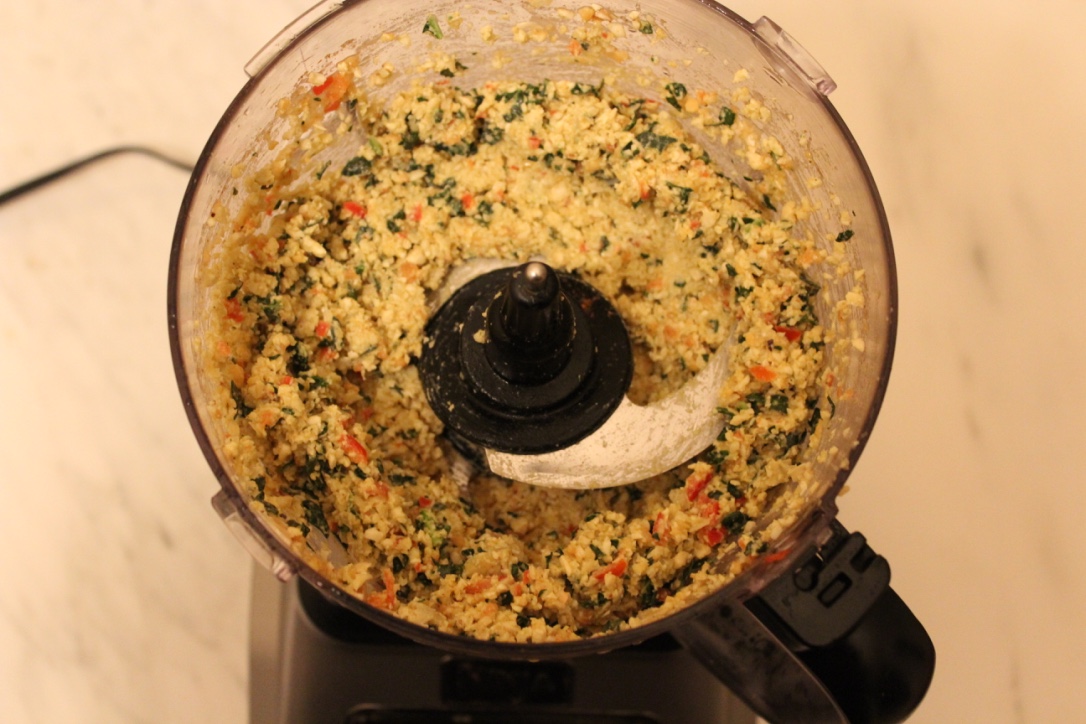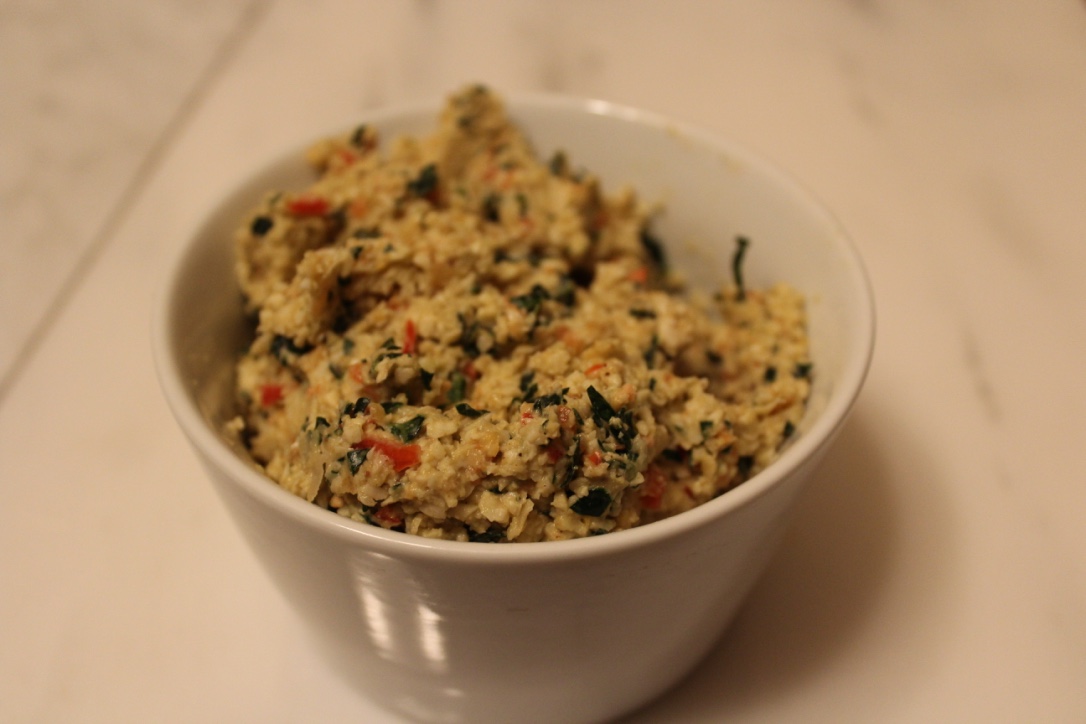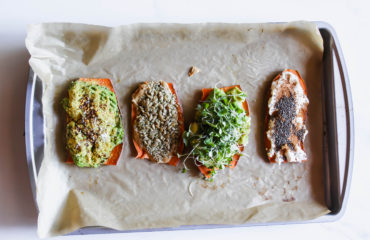Chickpeas (Garbanzo Beans)
In one cup of chickpeas there are 15 grams of protein and four grams of healthy fats! Chickpeas are a great source of energy. They absorb many different spices very well which is what makes them so versatile. They can be used to add flavor or plump up the nutritional value of many meals.
1 Cup of Chickpeas:
- 13% of your daily need of Thiamin
- 11% of your daily need of Vitamin B6
- 71% of your daily need of Folate
- 26% of your daily need of Iron
- 20% of your daily need of Magnesium
- 28% of your daily need of Phosphorus
- 14% of your daily need of Potassium
- 17% of your daily need of Zinc
- 29% of your daily need of Copper
- 84% of your daily need of Manganese
Cashews
We always soak nuts before utilizing them in a recipe. This helps “activate” them. It allows the nutrients, micronutrients, to become more bioavailable. This means our body can better use them. It also aides in digestion. Soaking helps break down the phytic acid that is present in cashews. Three and a half ounces of cashews contains 18 grams of protein and 44 grams of healthy fats! In comparison to other nuts cashews contain less fat.
3.5 ounces of Cashews:
- 43% of your daily need of Vitamin K
- 28% of your daily need of Thiamin
- 21% of your daily need of Vitamin B6
- 37% of your daily need of Iron
- 73% of your daily need of Magnesium
- 59% of your daily need of Phosphorus
- 39% of your daily need of Zinc
- 110% of your daily need of Copper
- 83% of your daily need of Manganese
- 28% of your daily need of Selenium
Micronutrients
Micronutrients consist of vitamins and minerals. These little guys each provide specific benefits to your body! They help regulate chemical and metabolic processes within cells. Vitamins do not supply energy but they help transform protein and fat into an energy source for you. Minerals help build and maintain your skeletal structure, they also help regulate acid-base balances within you too. This is very important. All micronutrients are important, but below I will highlight just two: B Vitamins and Magnesium.
The B Vitamins above include Vitamin B6, folate (B9), and thiamin (B1). B Vitamins are known to improve your mood and increase your immune system. B6 is known to aide in your cardiovascular health. B6 and B12 are specifically known to help keep your mind sharp, increase cognitive function, and improve your memory. B9 is commonly known as the pregnancy vitamin. It is essential for the proper development of your baby’s neural tube, what forms your baby’s brain and spinal cord.
Magnesium is another extremely important mineral that most are deficient in. Magnesium is responsible for over 300 biochemical reactions. It is responsible for energy production, bone health, heart and muscle function, enzyme function, and helps balance hormones. When your body is receiving enough magnesium you will notice your sleep quality is better and it is easier to fall asleep. It will positively influence your digestion. Magnesium aides in the making of serotonin which helps you feel calm and happy. Did you know that 70% of your serotonin is actually in your gut and not your brain? For all you athletes, magnesium helps you recover faster and allows your muscles to relax!
You hear and read all about macronutrients and how to count them. Consistently tracking macros can have a positive effect on your nutritional intake and weight management. More importantly, are the micronutrients you are consuming also fueling the cellular processes essential to you? Give your body what it craves and needs to thrive and in return you will feel amazing.
Ingredients
- 1 cup Organic Raw Cashews
- 1 can (13.5 oz) of Organic Chickpeas
- 3-4 large Organic Kale Leaves
- 1/2 of an Organic Lemon, juiced
- 1 Organic Red Bell Pepper
- 1 Tablespoon Organic Garlic Powder
- 1 1/2 teaspoons Organic Cumin
- 1/2 teaspoon Organic Paprika
- 1 Tablespoon + 1 teaspoon Celtic Sea Salt
- 1/4 teaspoon Organic Pepper
- Quartered Orange, Yellow, and Red Bell Peppers make great pseudo-chips
Instructions
- Place cashews in a large bowl, cover with water, and add 1 Tablespoon of salt
- Let soak for 4-6 hours
- Wash bell pepper and kale leaves
- Clean bell pepper, remove seeds and stem, and chop
- Thinly cut kale leaves
- Drain chickpeas and cashews and put in Ninja Food Processor
- Place all other ingredients in Ninja Food Processor
and blend on high until you reach a creamy hummus consistency
References
Bilbey, D. L., & Prabhakaran, V. M. (1996, July). Muscle cramps and magnesium deficiency: case reports. Retrieved February 03, 2017, from https://www.ncbi.nlm.nih.gov/pmc/articles/PMC2146789/
Chickpeas (garbanzo beans, bengal gram), mature seeds, cooked, boiled, without salt Nutrition Facts & Calories. (n.d.). Retrieved February 03, 2017, from http://nutritiondata.self.com/facts/legumes-and-legume-products/4326/2
Cui R, Iso H, Date C, Kikuchi S, Tamakoshi A; Japan Collaborateive Cohort Study Group. Dietary folate and vitamin b6 and b12 intake in relation to mortality from cardiovascular diseases: Japan collaborative cohort study. Stroke. 2010 Jun;41(6):1285-9. doi: 10.1161/STROKEAHA.110.578906. Epub 2010 Apr 15.
McCulloch, M. (2016). B Vitamins on the Brain. Environmental Nutrition, 39(3), 4.
Nuts, cashew nuts, raw Nutrition Facts & Calories. (n.d.). Retrieved February 03, 2017, from http://nutritiondata.self.com/facts/nut-and-seed-products/3095/2
The Basics of Nutrition. (2015). Nutrition & Weight Control for Longevity, 2-5.

